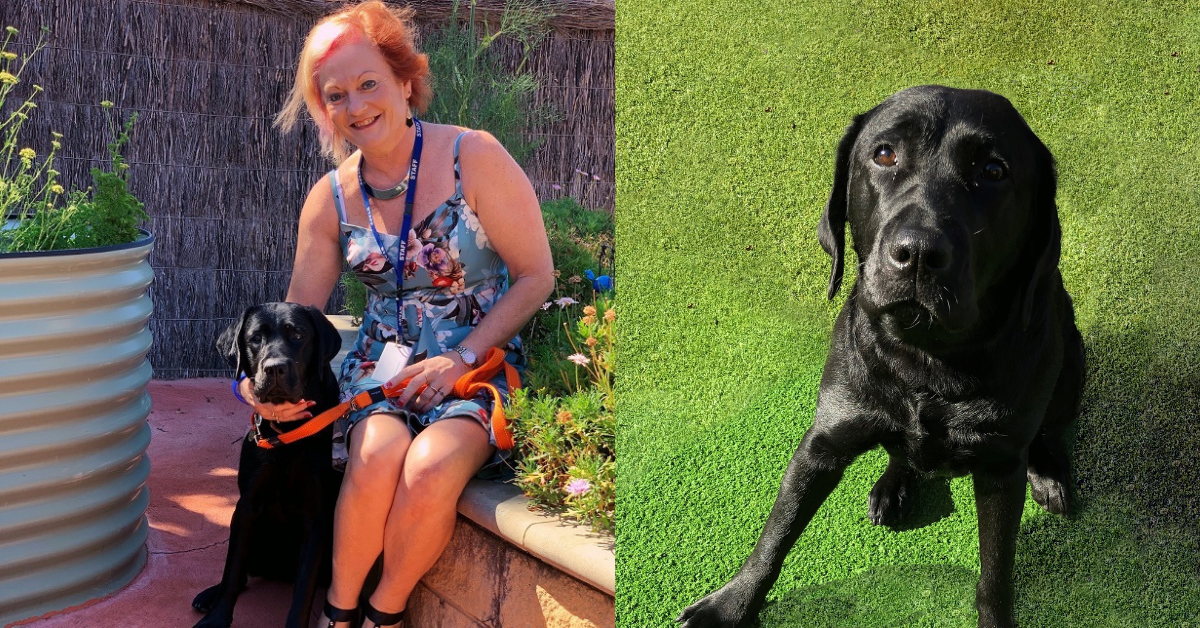Ageing can be a challenging stage for many older Australians, with isolation and a loss of social interaction being a common experience.
Many studies have shown that pets can be a source of companionship that benefits seniors in countless ways. This companionship has proven to ‘cheer up’ lonely seniors and enhance their quality of life.
Having a companion pet can lead to a reduction in stress levels, lower blood pressure, and can also increase social interaction and physical activity.
Having a dog that requires a daily walk and running in the park will inevitably increase activity levels. However, a cat, bird or fish still needs loving attention, petting, and feeding – helping owners to maintain mobility, provides a sense of purpose and requires them to stay active as they age.
Not only do pets lower stress and improve activity levels, but they also help improve mood and communication. There have been many studies that show pets can provide an opportunity for non-verbal communication for those with dementia.
According to a recent study, people living with pets are less likely to report loneliness, depression, and a sense of isolation, compared with those without pets.
At Southern Cross Care (WA) we recognise the importance of the role pets play in the healthy ageing experience. We regularly have visiting pets at our residential care homes and our very own resident black Labrador, Clover, a specially trained companion dog, works from the Tony Quinlan Respite Centre in Hilton.

